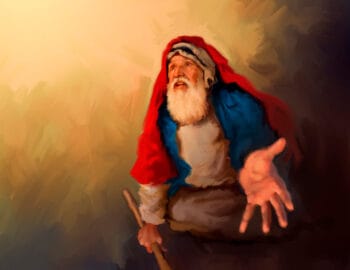Daily Lesson for Friday 12th of September 2025
Further Thought:
Read Ellen G. White, “Idolatry at Sinai,” Pages 315–327, in Patriarchs and Prophets.
This week’s lesson presents a special focus on God’s work in believers. The Lord can do in us “immeasurably more than all we ask or imagine” (Ephesians 3:20, NIV). We should not focus on ourselves and gratify our personal desires, because this leads to idolatry. Instead, our attention should be on God and His power. He gives the strength, which leads to a new and victorious life (Philippians 4:13; Jude 1:24-25).
“Love no less than justice demanded that for this sin judgment should be inflicted. God is the guardian as well as the sovereign of His people. He cuts off those who are determined upon rebellion, that they may not lead others to ruin. In sparing the life of Cain, God had demonstrated to the universe what would be the result of permitting sin to go unpunished. The influence exerted upon his descendants by his life and teaching led to the state of corruption that demanded the destruction of the whole world by a flood. . . . The longer men lived, the more corrupt they became. So with the apostasy at Sinai. Unless punishment had been speedily visited upon transgression, the same results would again have been seen.”—Ellen G. White, Patriarchs and Prophets, p. 325.
Discussion Questions
|
 (0)
(0)Source: https://ssnet.org/blog/25c-11-further-thought-apostasy-and-intercession/



